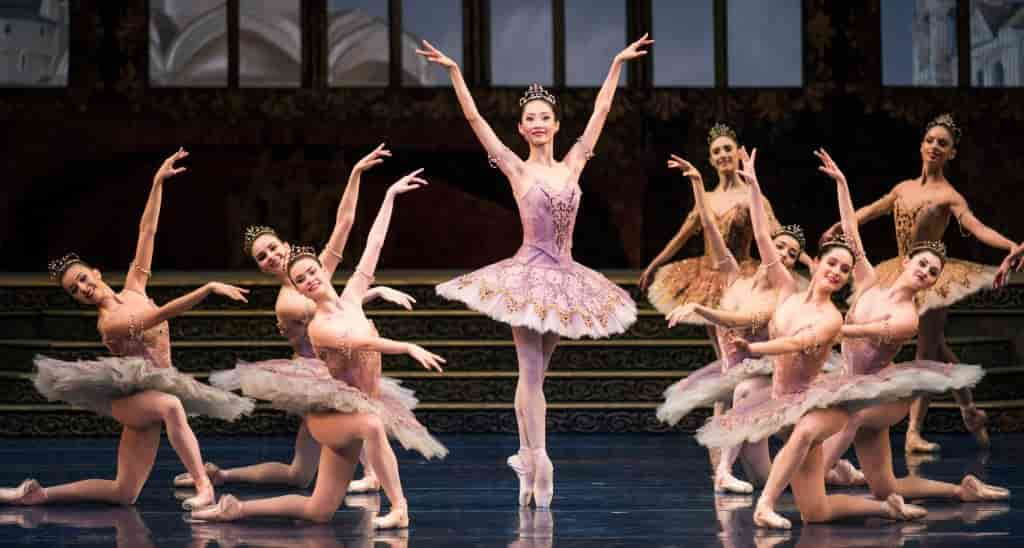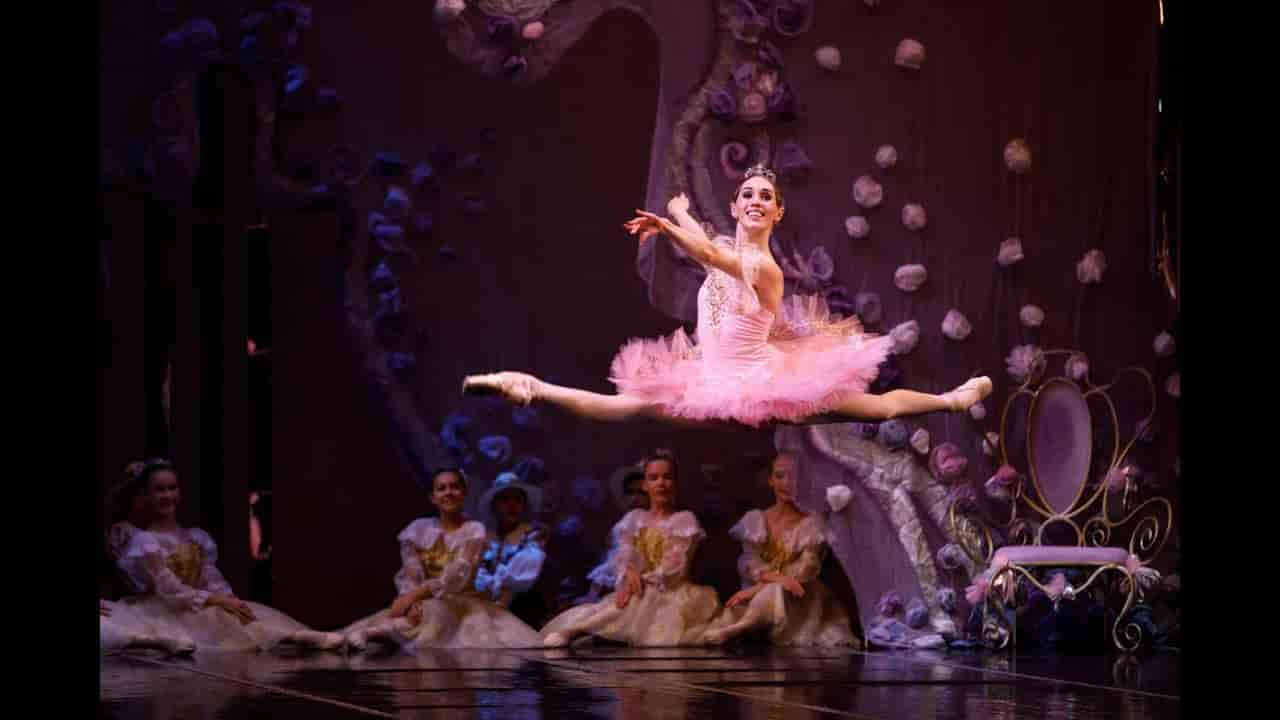The word ballet is derived from the French word for dance, ballerina. A ballet dancer is someone who practices the art of classical ballet. Most of us think of ballet as a graceful, precise dance performed by people wearing tutus and ballet shoes.
Ballet was initially created as a court dance, performed by noblemen and noblewomen. However, it soon spread to the common people and became popular as a form of entertainment. The first ballet school was established in France in the 16th century, and ballet soon became an important part of French court life.
The 19th century was the Golden Age of ballet. It saw the creation of many of the most famous ballets, including The Sleeping Beauty, Swan Lake, and The Nutcracker. Today, ballet is enjoyed by people of all ages around the world. It remains a popular art form and continues to evolve and change.
Discipline is Key in Ballet

Discipline is key for any ballerina. It takes years of hard work and dedication to achieve the level of grace and poise that is expected of professional dancers. A typical day for a ballerina will involve hours of grueling rehearsals, followed by a strict regime of stretching and conditioning. There is no room for error on the dance floor, and even the slightest misstep can mean the difference between a successful performance and a disaster.
A ballerina’s discipline is what separates her from the other dancers. It is this quality that allows her to maintain her poise and grace under the pressure of performing. Just like CasinoChan Login ensures great quality. When a ballerina is onstage, she is the epitome of perfection, and this is only possible through endless hours of practice and discipline.
How Important is Time Management for Ballerinas?
As a ballerina, time management skills are essential in order to keep up with the demanding schedules. Many ballerinas have to juggle multiple commitments such as rehearsals, performances, and classes. This can be a challenge, but with proper time management skills, it is possible to maintain a healthy balance.
One of the most important time management skills for a ballerina is learning how to prioritize commitments. It is important to make time for rehearsals and classes, but it is also important to take some time for rest and relaxation. By prioritizing, a ballerina can ensure that she is getting the most important things done without burning herself out.
Another important time management skill for a ballerina is learning to say no. There will always be opportunities to take on new projects or commitments, but a ballerina needs to be selective in order to maintain a healthy balance. If a ballerina feels like she is starting to spread herself too thin, it is important to say no to new commitments in order to avoid becoming overwhelmed. By learning to manage their time effectively, ballerinas can ensure that they are able to stay on top of their demanding schedules.
